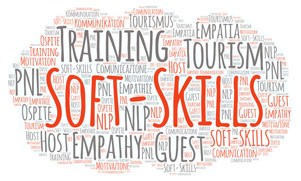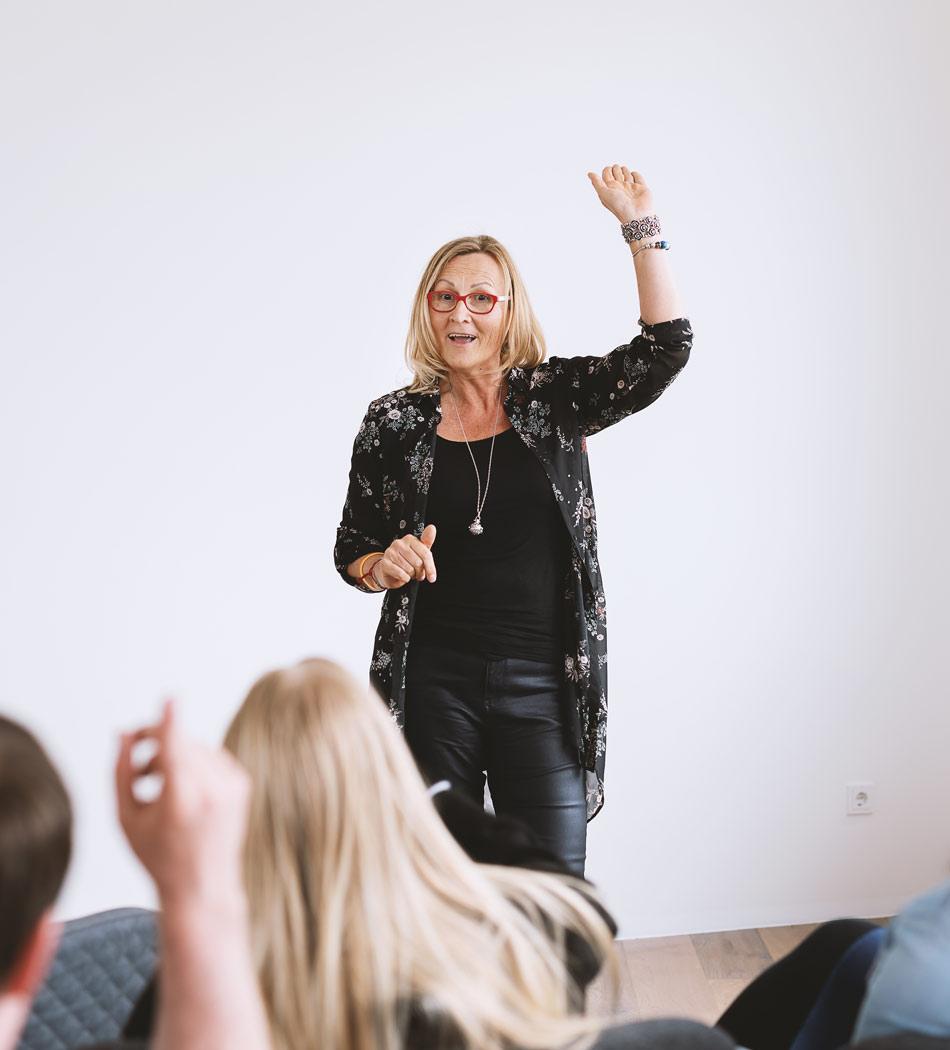
MYSTERY GUEST PROGRAMMS
Improve your service quality
As a certified Mystery Guest certified by the “Institute of Hospitality” in London I can say that mystery guest programs are an effective way for hospitality establishments to gain insight into the guest experience and improve the quality of service they provide. By evaluating the guest experience objectively, we can help management teams identify areas for improvement and make necessary changes to enhance the guest experience.
Evaluating the Guest Experience: Checking the quality of service provided from the guest's perspective. Evaluating various aspects of the experience, such as the greeting upon arrival, the cleanliness of the facilities, the quality of the food and beverage offerings, and the overall level of customer service. This helps the management team identify areas for improvement and make necessary changes to enhance the guest experience.
Providing Objective Feedback: Since the mystery guest is an anonymous visitor, they provide objective feedback without any bias or influence. This feedback can help the management team understand how guests perceive the service and identify areas where the establishment may be falling short.
Helping to improve Service Quality: The feedback and insights provided by the mystery guest in a detailed report can be used to identify areas where the establishment is doing well and where it needs to improve. This can help the management team develop strategies to enhance the quality of service and ensure that guests have a positive experience.


